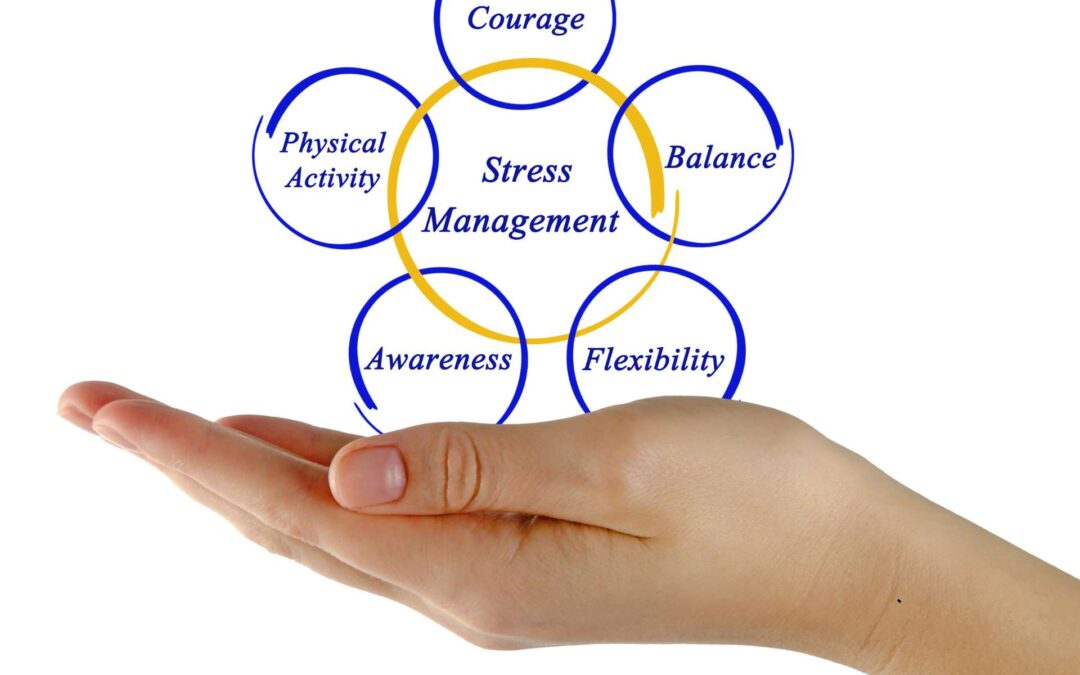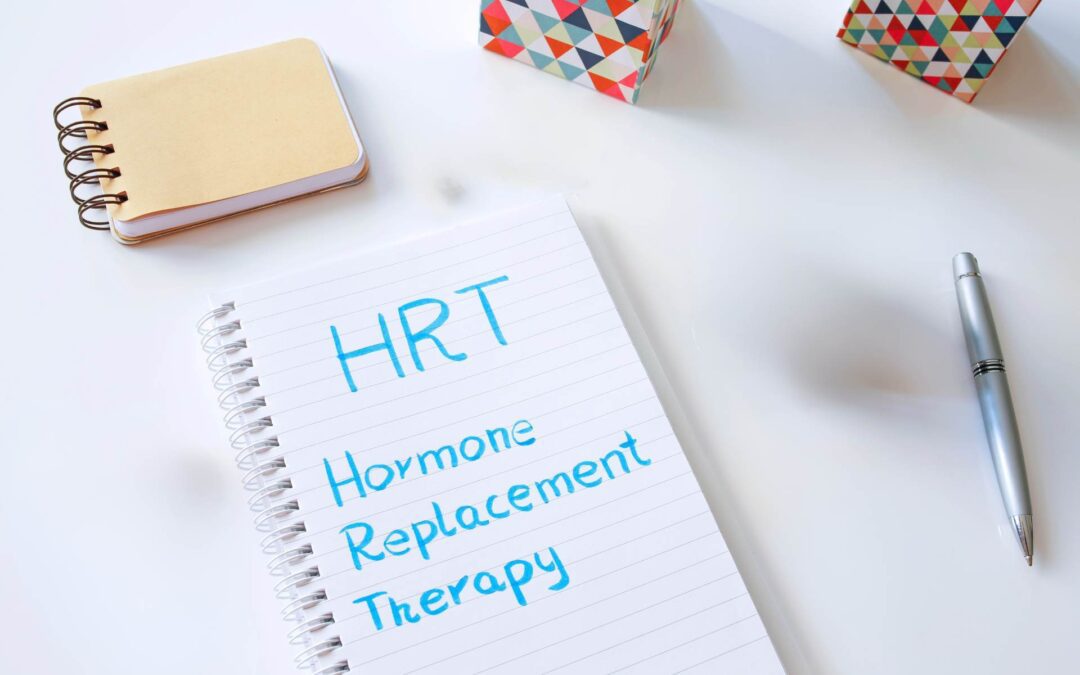If you’ve been referred for a psychiatric evaluation, you might feel unsure about what to expect or how to prepare. A psychiatric evaluation is an important step in diagnosing mental health conditions and creating effective treatment plans, but it can also feel intimidating if you’ve never had one before. The good news is that with some preparation and understanding of the process, you can approach your evaluation with confidence.
At New Insights Behavioral Health, we’re here to guide you through every step of the evaluation process. In this blog, we’ll walk you through how to prepare for a psychiatric evaluation so you can feel more at ease and ready to share the information your provider needs to support your mental health.
1. Understand the Purpose of the Evaluation
The first step in preparing for a psychiatric evaluation is understanding why it’s being recommended. psychiatric evaluations can serve a variety of purposes, such as diagnosing a mental health disorder, assessing cognitive abilities, or understanding emotional and behavioral concerns. Whether you’re being evaluated for ADHD, anxiety, depression, PTSD, or other psychiatric conditions, the goal of the evaluation is to gather information that will help your healthcare provider create the best possible treatment plan.
Knowing the reason for the evaluation can help you focus on what’s most important to discuss during the session.
2. Gather Your Medical and Mental Health History
One of the most crucial aspects of a psychiatric evaluation is sharing your medical and mental health history. Your provider will ask about past diagnoses, treatments, medications, and any hospitalizations you may have had. To make the process smoother, gather as much information as possible beforehand. You might want to bring a list of:
- Previous mental health diagnoses (if any)
- Current and past medications, including dosages
- Any previous therapy or counseling experiences
- Major life events or traumas that may have affected your mental health
- Family history of mental illness or other psychiatric conditions
Being thorough with this information helps your provider get a comprehensive view of your mental health.
3. Prepare to Discuss Your Symptoms
Your provider will ask about the symptoms you’ve been experiencing, how long they’ve been present, and how they affect your daily life. Before your appointment, take some time to reflect on your mental and emotional well-being. It can be helpful to jot down notes about:
- Specific symptoms you’ve noticed (e.g., trouble focusing, mood swings, anxiety)
- How often these symptoms occur and how intense they are
- Any triggers or situations that worsen your symptoms
- How your symptoms are impacting your personal and professional life
The more specific you can be, the more helpful it will be for your provider in understanding your experiences.
4. Be Honest and Open
A psychiatric evaluation is a safe space designed to help you, so it’s important to be honest and open during the session. Even though it can be uncomfortable to talk about difficult thoughts or behaviors, your provider needs accurate information to offer the right support. Remember, they are there to help, not to judge.
Being truthful about what you’re going through ensures that your provider can make the most accurate diagnosis and develop an effective treatment plan that’s tailored to your needs.
5. Bring Questions or Concerns
It’s normal to have questions or concerns about the psychiatric evaluation process, and it’s perfectly fine to bring them up during the session. Your provider can explain any part of the evaluation that feels unclear or overwhelming. Additionally, if you’re concerned about specific diagnoses or treatment approaches, this is your opportunity to discuss those topics and get clarity.
Consider writing down any questions in advance so you don’t forget to ask them during your evaluation. Here are a few examples:
- What should I expect from the evaluation process?
- How long will the evaluation take?
- What happens after the evaluation?
- Will I receive a diagnosis immediately?
Having your concerns addressed will help you feel more at ease and informed.
6. Get a Good Night’s Sleep and Eat Well
Taking care of your physical health before the evaluation can help you feel more focused and clear-headed during the session. Try to get a good night’s sleep, eat a balanced meal beforehand, and drink plenty of water. While it may seem like a small thing, feeling well-rested and nourished can improve your ability to engage in the evaluation and recall important information.
7. Relax and Take Your Time
Remember that a psychiatric evaluation is not a test you can pass or fail. It’s a tool designed to help you and your healthcare provider better understand your mental health and how to treat it. There’s no need to rush through your answers or feel pressured to say the “right” thing. Your provider is there to guide the process, and it’s okay to take your time and think through your responses.
Approach the evaluation with an open mind, knowing that this is a step toward getting the help and support you need.
Final Thoughts
Preparing for a psychiatric evaluation can feel overwhelming, but with the right approach, it doesn’t have to be. By understanding the purpose of the evaluation, gathering your history, reflecting on your symptoms, and being honest during the session, you’re setting yourself up for a successful experience.
At New Insights Behavioral Health, we’re here to make the evaluation process as smooth and supportive as possible. Our team of experienced APRNs will work closely with you to ensure that you feel heard and understood, so we can develop a treatment plan that’s right for you.
If you’re in need of a psychiatric evaluation or need more information, don’t hesitate to reach out. We’re here to help guide you every step of the way.






